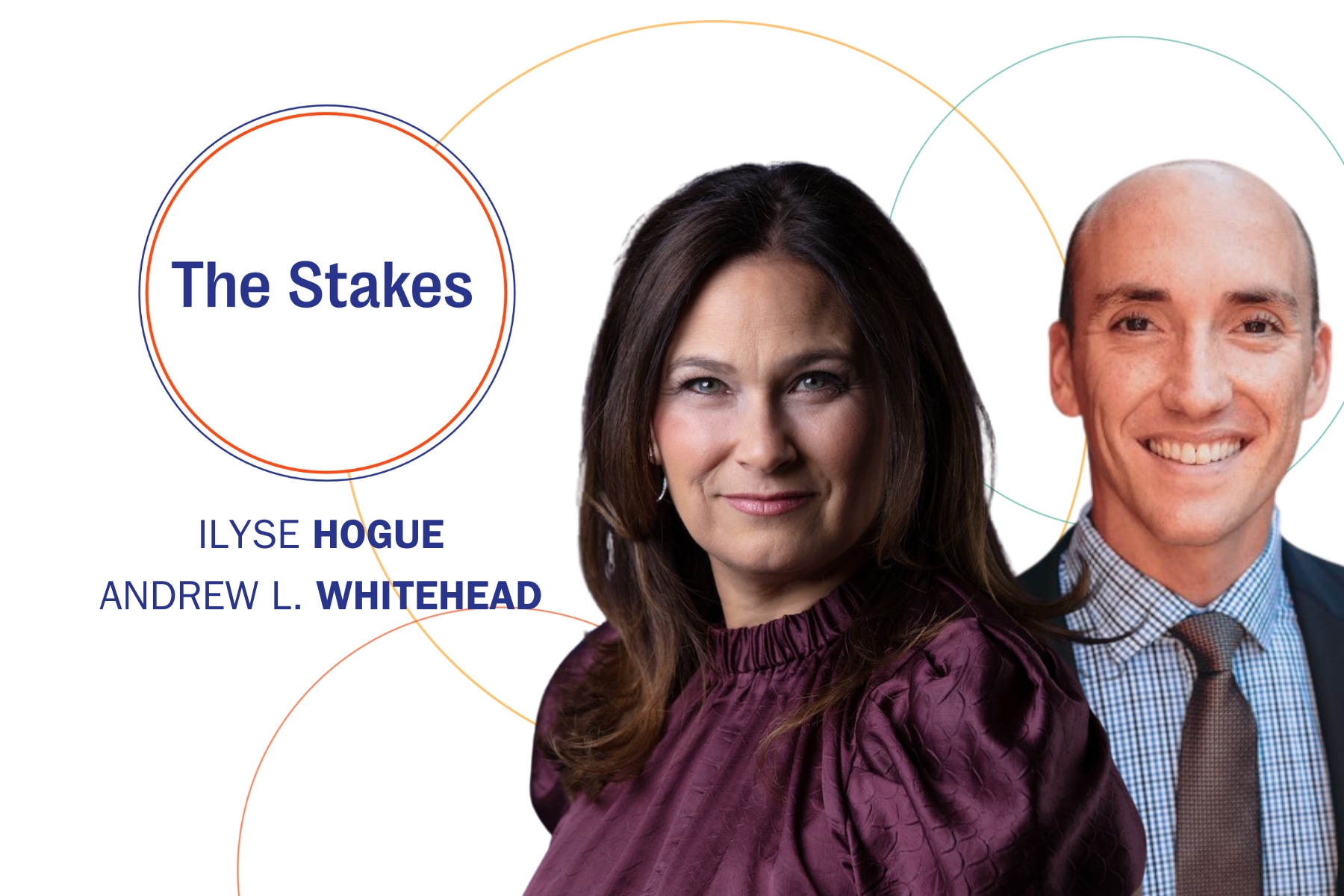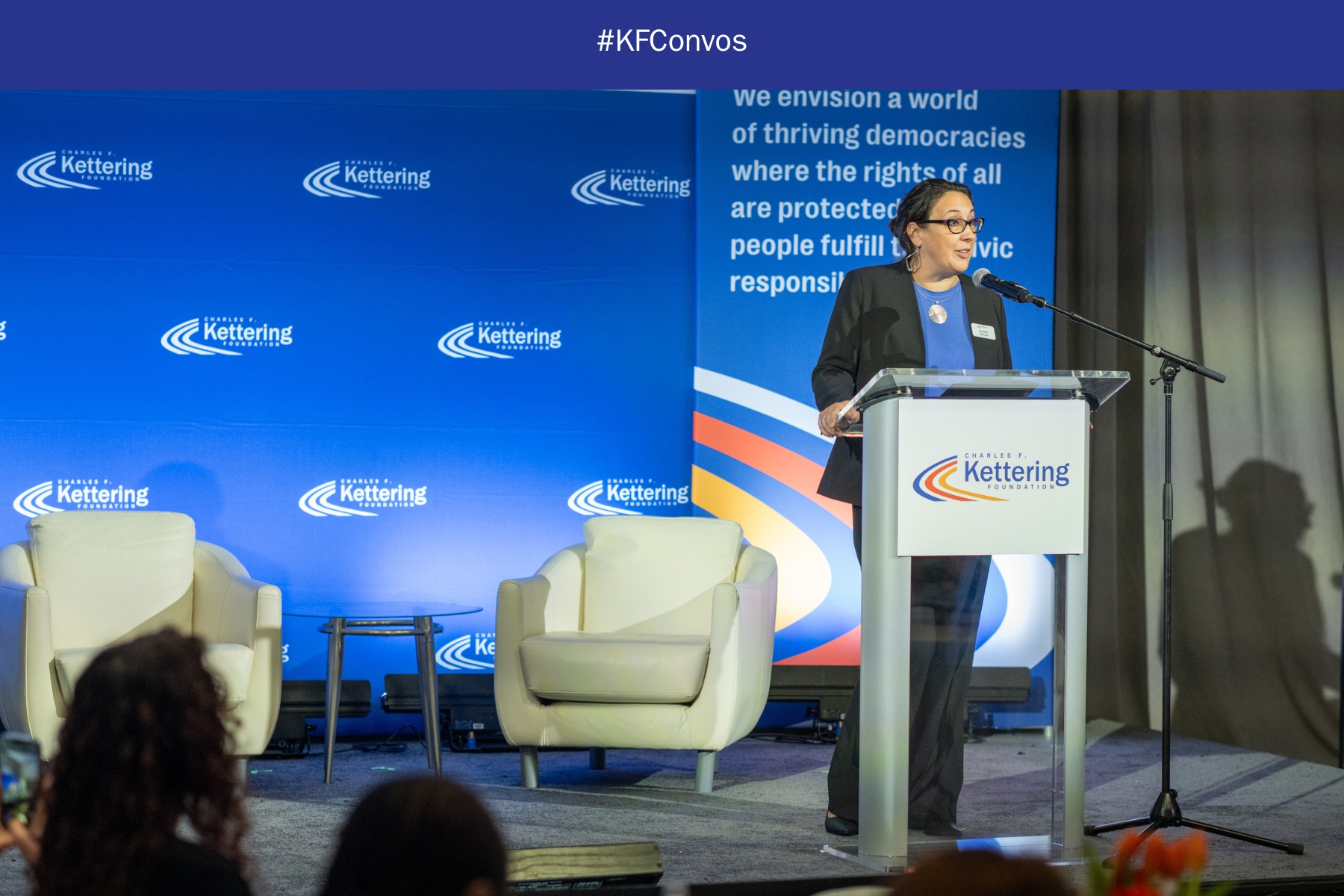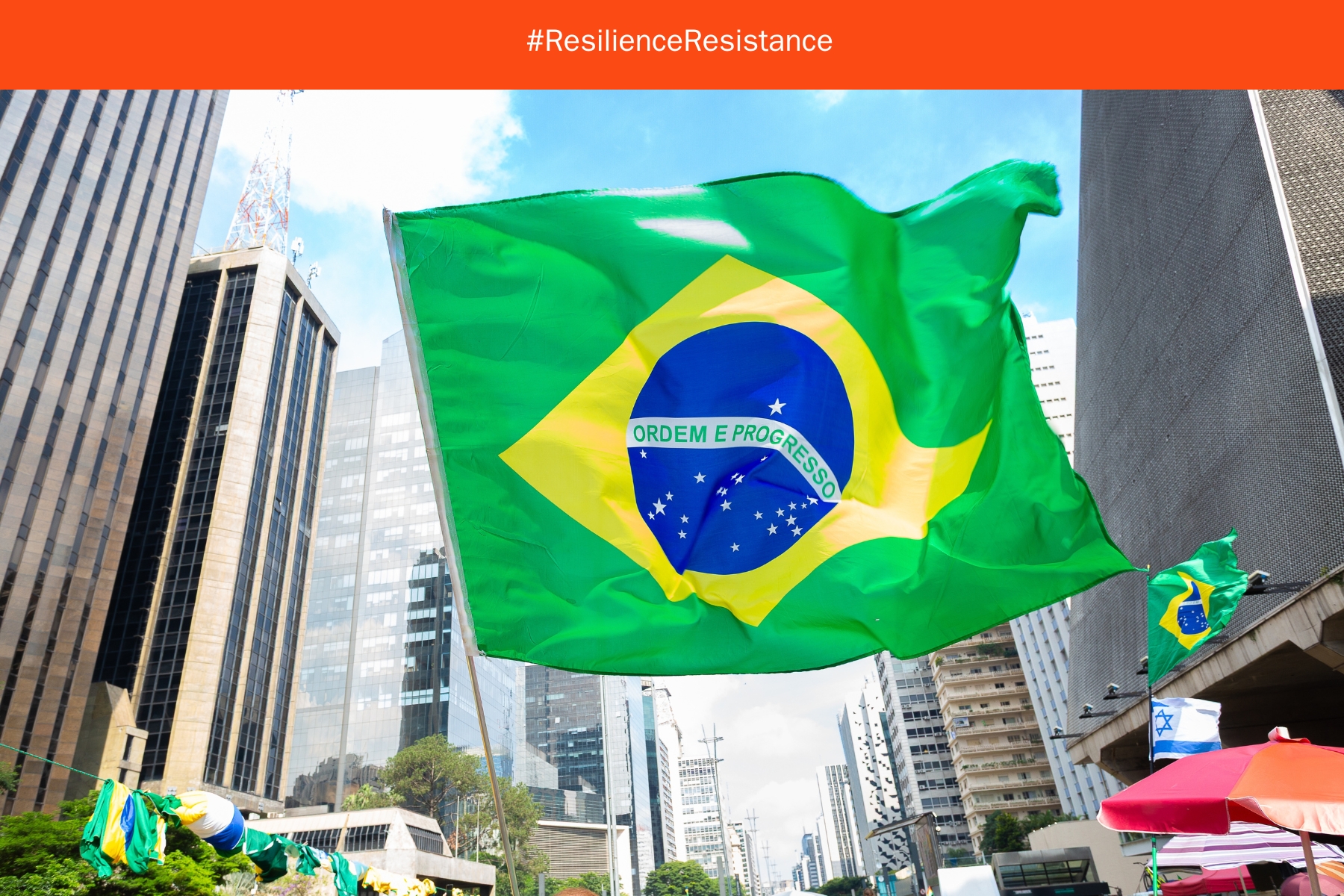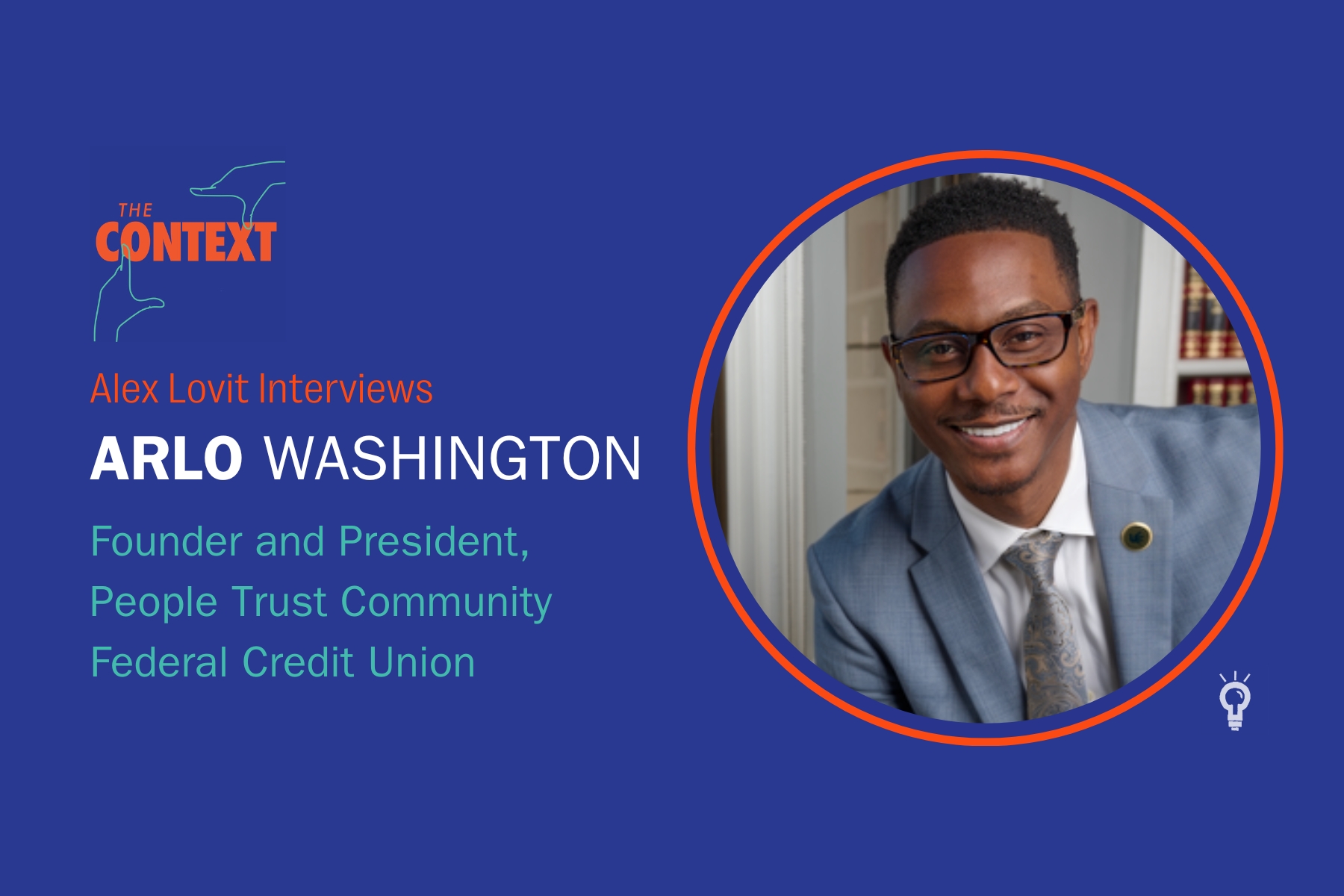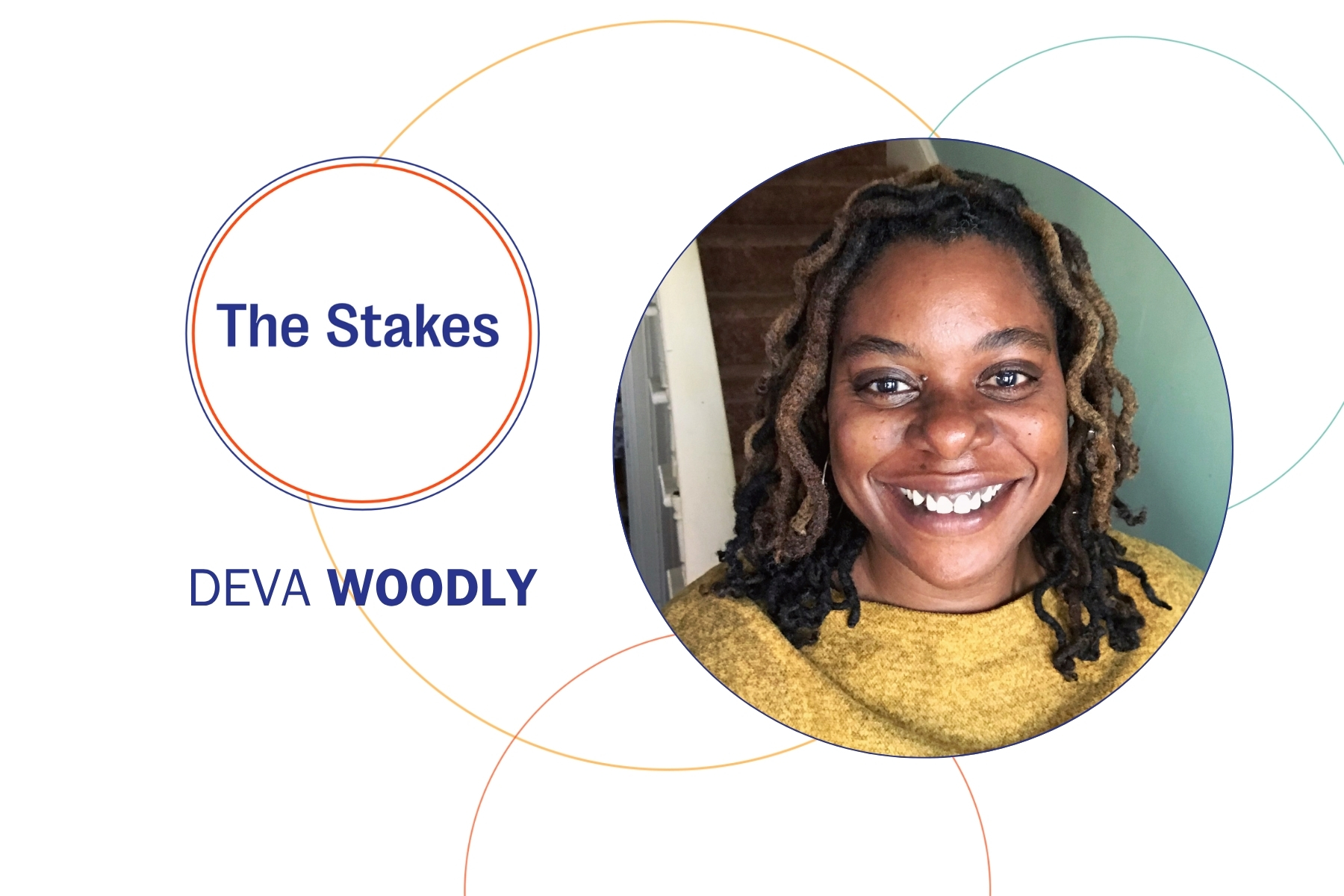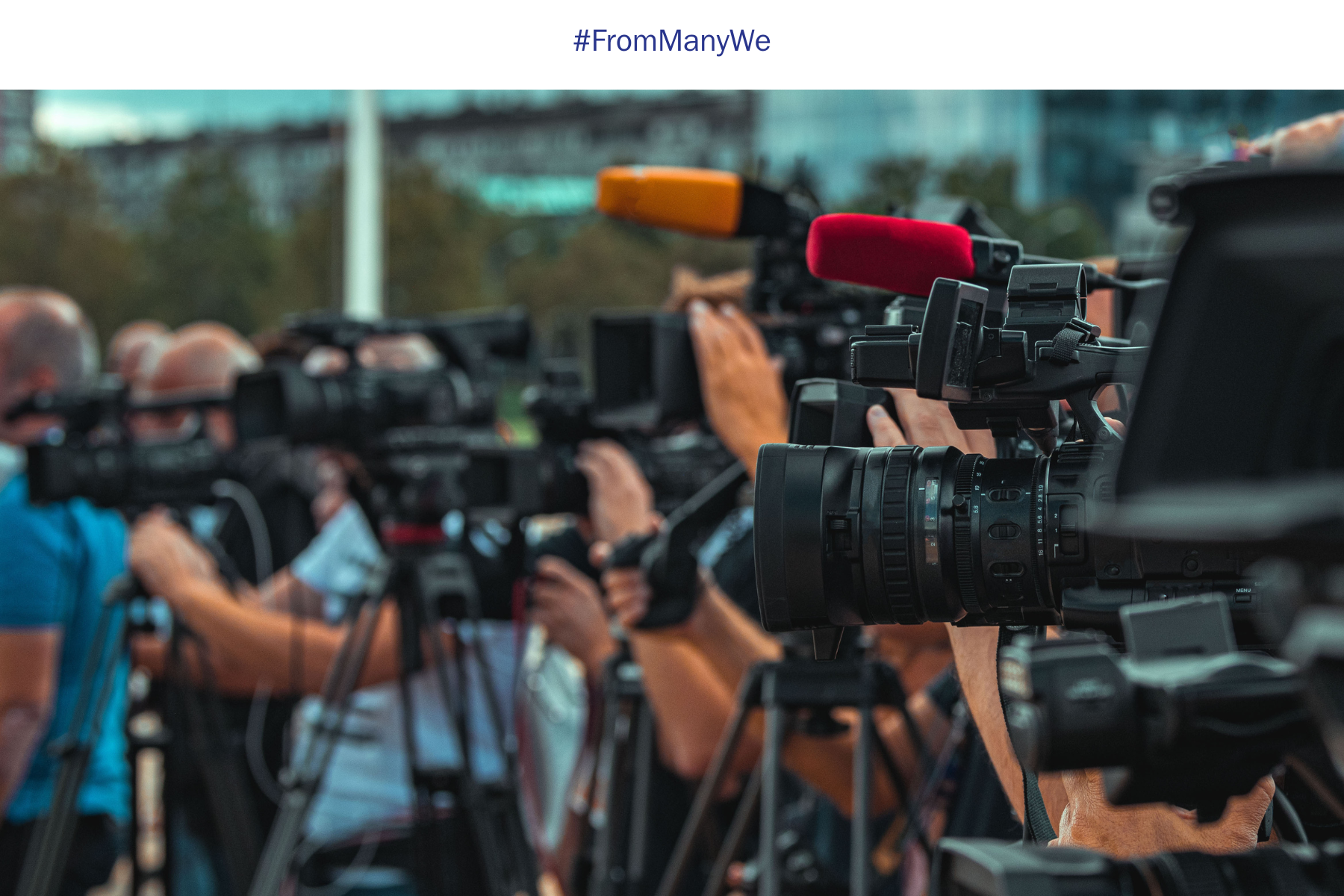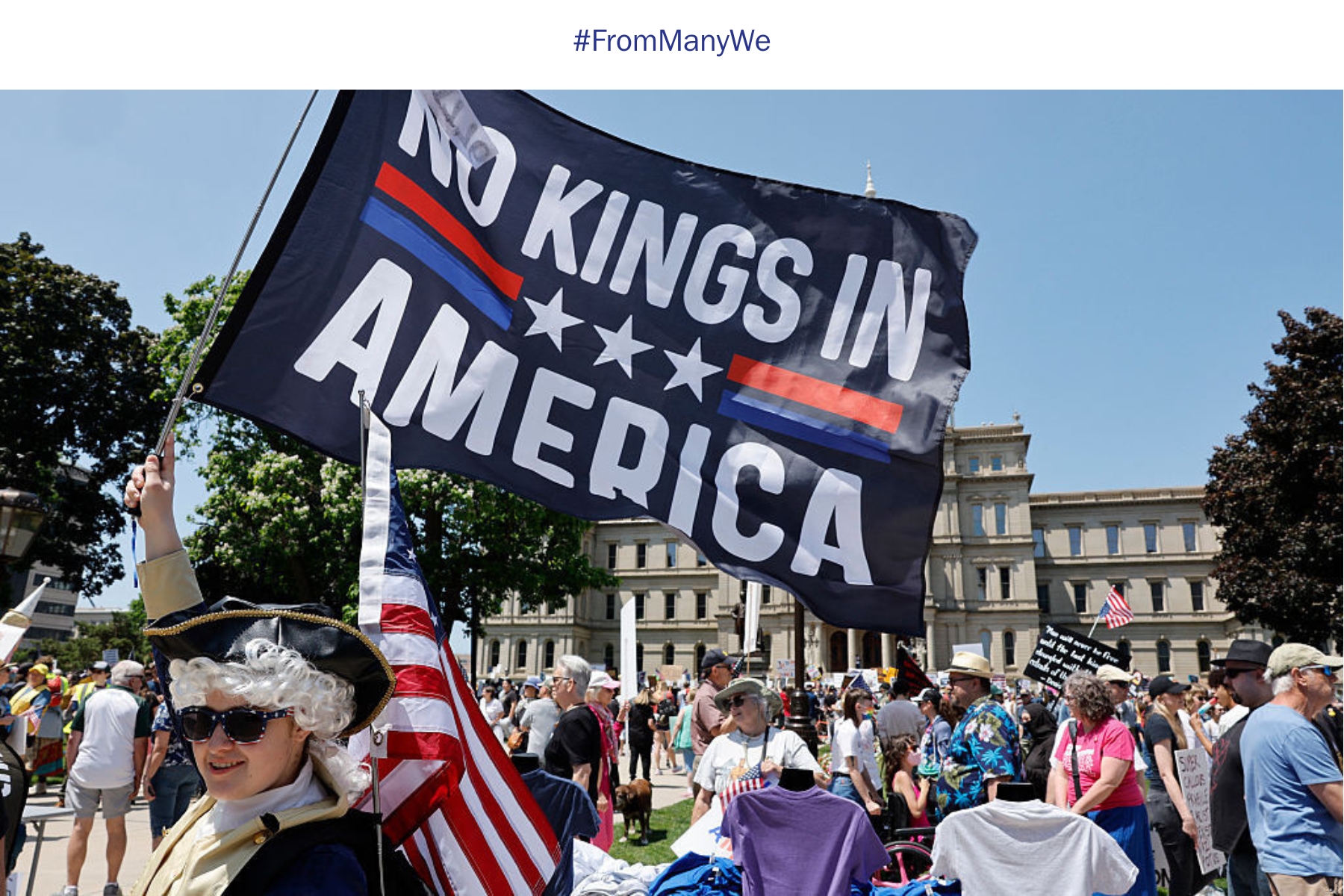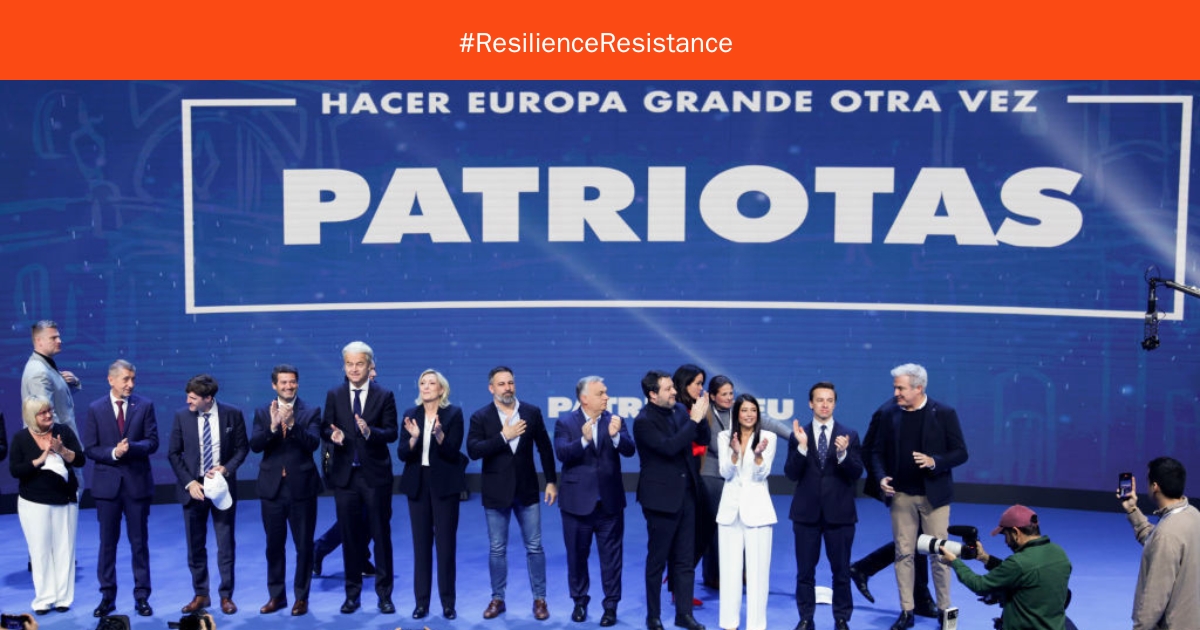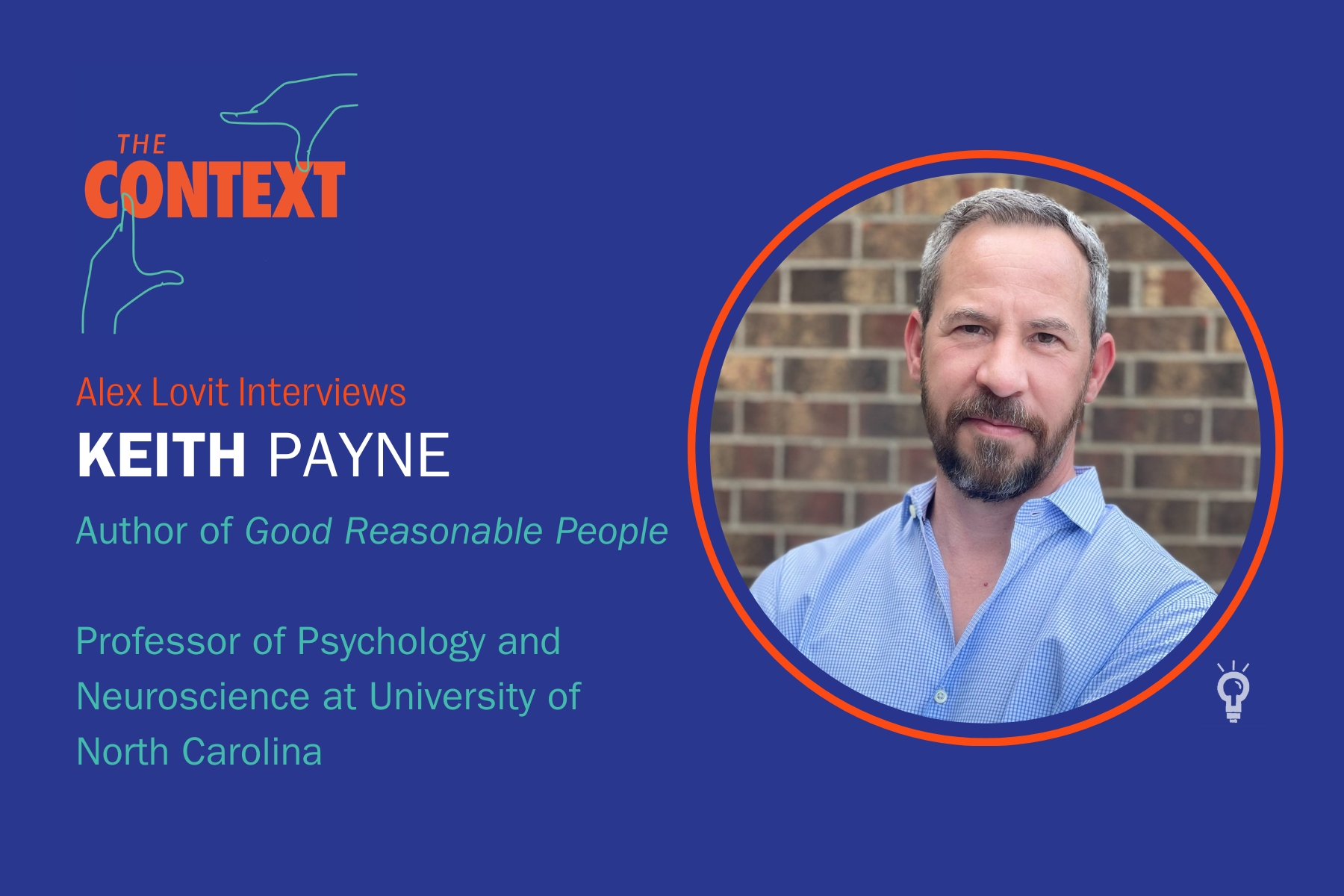Regaining the Democratic Imagination
In this time of democratic erosion, it is critical to share what democracy scholars, practitioners, and activists are learning—both in the United States and around the world. On July 21, the Charles F. Kettering Foundation held a Kettering Global Conversation on Democracy: Solidarity across Borders in Washington, DC. The event provided a dynamic forum to explore democratic challenges facing countries around the world and to learn from different global contexts and experiences. This is the second in a series of five pieces about the event.
In a keynote speech that was in turn expansive and deeply personal, Charles F. Kettering Global Fellow Ivan Vejvoda established a broad framework for the foundation’s Global Conversation on Democracy.
The theme of the day, “Solidarity across Borders,” resonated in his own family and life experience. His father fought against fascism during the Spanish Civil War in the 1930s and against the Nazis in France and Yugoslavia in the 1940s. Vejvoda himself lived through Slobodan Milošević’s autocratic rule in Yugoslavia—dark times, he said, during which the opposition had to learn how to organize to defeat a dictatorship.
“It cannot be repeated too often,” Vejvoda said, quoting Alexis de Tocqueville, “Nothing is more fertile in marvels than the art of being free, but nothing is harder than freedom’s apprenticeship.” Freedom, he said, is only truly appreciated through struggle, and that struggle is the apprenticeship referred to by Tocqueville.
“The democracies and rights we have . . . [are] something like the air we breathe. We don’t notice it until somebody cuts off the oxygen flow to us and then we start suffocating. It is only at that moment that people understand what we had. . . . Preservation of democracy is something that can only be gained through a struggle and a commitment.” That struggle and commitment, that sense of what Hannah Arendt called, “the right to have rights,” almost always comes at a cost, he said.
A sense of solidarity is key to understanding the ongoing struggle for democracy. All the battles for freedom around the world are linked, Vejvoda said. Today, Ukrainians are backed into a heroic fight, one that will define the future of security not only in Europe but around the world.
“Solidarity is extremely important . . . without it, without the global understanding that South Africa is linked to Kenya, is linked to Serbia, which is linked to India, linked to Somalia and Sudan, the Middle East and Ukraine, we won’t understand how we will be able to regain these liberties that we have.”
He noted that his native Serbia is experiencing a “we, the people,” moment of direct democracy in its continuing evolution from a painful and more autocratic past, still fresh in memory.
Countries can learn a lot from each other, he said.
As Vejvoda sees it, “The democratic imagination has been lost, given the longevity of democracy that we’ve had. We must regain that aspiration and that need to think imaginatively and practically about how we go about it.”
